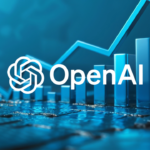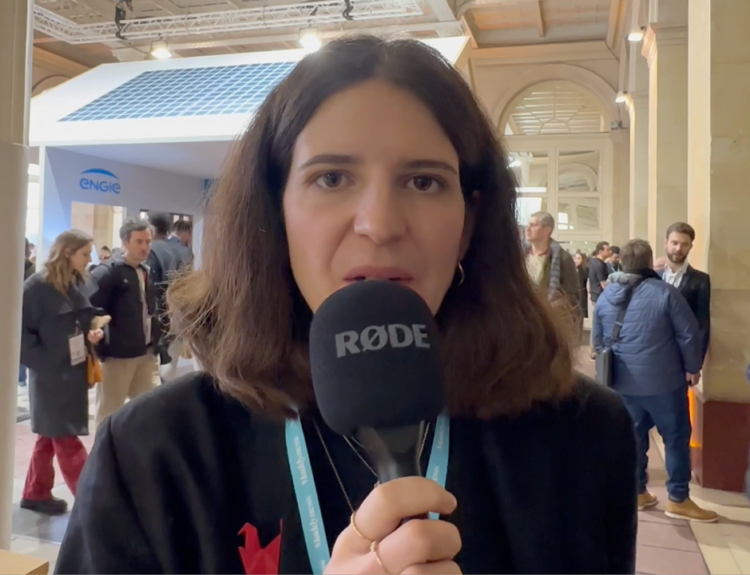A single query on ChatGPT consumes 10 times more energy than a classic search, while the computational requirement for AI has increased by a million times in just 6 years. (Sundar Pichai, CEO of Google). Faced with this alarming observation, it became urgent to have tools to assess and control this impact. It is in this context that Ecolab and AFNOR published this summer the "General Framework for Frugal AI", a world first, which offers companies and organizations a concrete framework to develop a more virtuous AI.
A quick look back at frugal AI:
Frugal AI is an emerging concept aimed at developing and using models and more sustainable AI systems, more resource efficient and more environmentally friendly, while maintaining high performance.
This involves:
- Above all, demonstrate the need to use AI rather than another less energy-intensive solution.
- To adopt good practices to reduce its environmental impact
- Questioning uses and needs to respond to current environmental and economic challenges.
To be able to evaluate and supervise this concept, a benchmark was required:
What to remember about the benchmark for frugal AI:
The AFNOR Spec 2314 standard is the fruit of collaborative work involving around a hundred contributors from businesses, research, associations and administrations. This document states “calculation methodologies and good practices to measure and reduce the environmental impact of AI, and to communicate with fair and verifiable claims”
It aims to:
- Provide an impact assessment methodology : Based on a life cycle analysis, it allows the environmental footprint of an AI system to be quantified on different impact categories (energy consumption, water consumption, CO2 emissions, etc.).
- Identify good practices to reduce these impacts: 31 good practice sheets : Covering the entire life cycle of an AI (design, development, deployment, use), these concrete recommendations aim to reduce the environmental impact at each stage.
- Share recommendations for transparent communication : The framework provides a framework for communicating without greenwashing about the frugal nature of an AI service, allowing companies to differentiate themselves while avoiding the pitfalls of ecological overbidding.
His target?
- AI Producers and Service Providers
- Companies consuming AI services
- Civil society actors
Despite its innovative nature, the framework also raises questions and challenges:
Industry adoption : Implementing these recommendations will require significant changes in current practices. How can we encourage companies to adopt this approach?
Rapidly evolving technologies : AI is advancing at a rapid pace. The framework will need to be updated regularly to remain relevant.
Balance performance/frugality : How to reconcile ever-increasing performance requirements with the need to reduce environmental impact?
International standardization : Although pioneering, this French benchmark will have to be harmonized with other international initiatives to have a global impact.
The publication of this framework marks a crucial step in raising awareness of the environmental impact of AI. It finally offers companies and organizations a concrete framework for developing a "frugal AI" that is more respectful of the environment. Beyond the technical aspects, this initiative raises fundamental questions about our relationship with technology. How can we reconcile innovation and sustainability? Can AI be a tool for the ecological transition rather than an aggravating factor?
The success of this approach will depend on the commitment of all stakeholders in the AI ecosystem. Companies, researchers, public authorities and users will have to work together to make frugal AI the norm rather than the exception.






